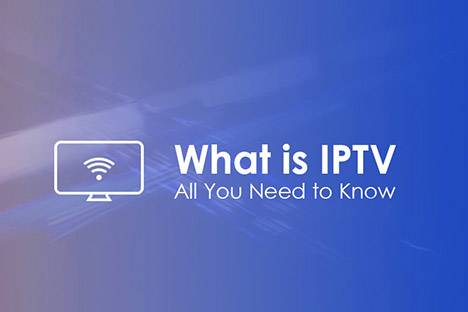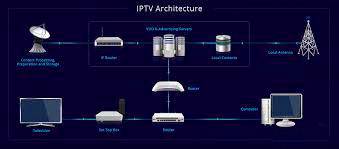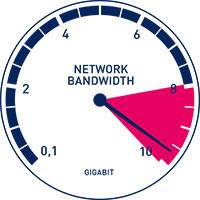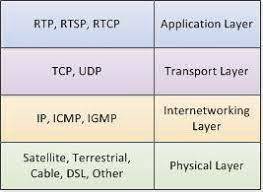What are the broadband speeds for IPTV?
The demand for Internet Protocol Television (IPTV) has increased significantly in recent years. It’s a popular entertainment option, especially among cord-cutters. IPTV delivers television programming over the Internet rather than traditional terrestrial, satellite and cable TV formats.
However, the broadband speed of IPTV has become a hot issue. It raises concerns about the quality of entertainment provided by IPTV.
This blog post aims to answer this question and help you determine the broadband speed you need for IPTV.
IPTV technical requirements
To stream IPTV effectively, you need to have a stable and reliable Internet connection that meets the minimum requirements for IPTV.
These requirements involve the speed and stability of the connection. The following are the technical requirements for streaming IPTV content:
1. Standard Definition (SD) content requires at least 3 Mbps bandwidth
2. High Definition (HD) content requires at least 5 Mbps bandwidth
3. Ultra High Definition (UHD/4K) content requires at least 25 Mbps bandwidth
Bandwidth is the amount of data that can be transferred over an Internet connection in a given time. IPTV requires a lot of bandwidth to deliver high-quality streaming content. The higher the quality, the more bandwidth is required.
Factors affecting IPTV bandwidth requirements
Bandwidth requirements for IPTV depend on several factors. These factors will determine your IPTV streaming quality and experience. Understanding these factors will help you optimize your internet connection and ensure a seamless streaming experience.
1. Video quality: The higher the video quality, the greater the bandwidth required. SD streaming requires less bandwidth than HD and Ultra HD streaming.
2. Number of devices: The number of devices connected to your broadband connection will affect the amount of bandwidth available for IPTV streaming. If many devices use your Internet connection, available bandwidth will be reduced.
3. Network Stability: A stable network will ensure a seamless, uninterrupted streaming experience. The stability of your connection also affects bandwidth requirements.
What are the broadband speeds for IPTV?
Based on technical requirements and factors affecting bandwidth, the minimum broadband speed required for IPTV is broken down as follows:
1. Standard Definition (SD) content: at least 3 Mbps bandwidth
SD content requires minimum bandwidth. You can easily stream SD content using a bandwidth of at least 3 Mbps. However, higher bandwidth will improve streaming quality and reduce buffering.
2. High Definition (HD) content: at least 5 Mbps bandwidth
Streaming HD content requires higher bandwidth. HD streaming requires at least 5 Mbps. However, higher bandwidth will improve streaming quality and provide a smoother streaming experience.
3. Ultra High Definition (UHD/4K) content: at least 25 Mbps bandwidth
The highest quality streaming (UHD/4K) requires the most bandwidth. A minimum of 25 Mbps is required to transmit UHD/4K content. However, higher bandwidth will improve streaming quality and reduce buffering.
in conclusion
IPTV is a great way to enjoy TV content, the quality of IPTV depends on your internet connection. The bandwidth required for IPTV depends on the quality of the content, the number of connected devices, and the stability of the network.
Optimizing your network and understanding bandwidth requirements will ensure uninterrupted streaming and a seamless IPTV experience.
It is important to remember that broadband speed is not the only requirement for IPTV. A stable and reliable network connection is necessary for optimal viewing. The right internet service provider with a stable connection is crucial for uninterrupted IPTV streaming.
Subscribe now: smarters-iptv-co-uk






